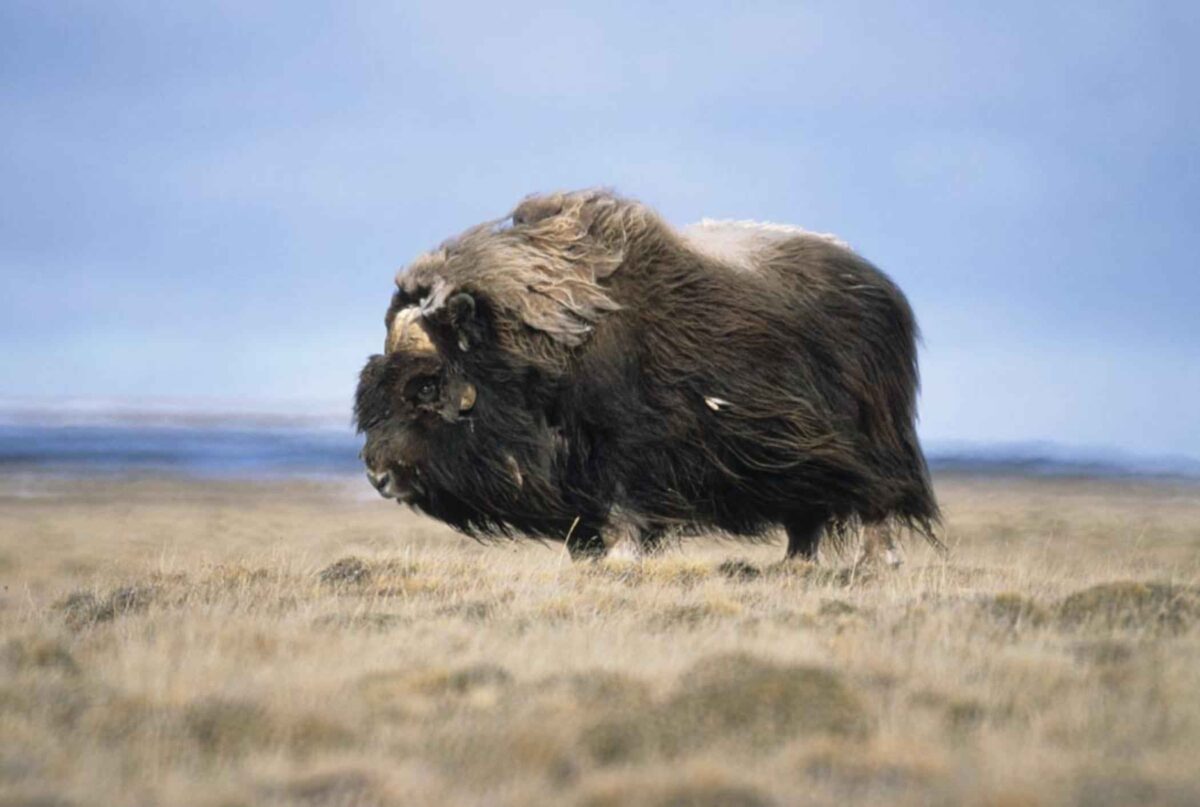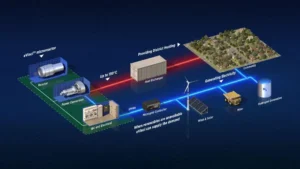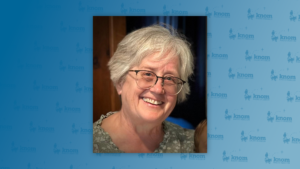The Federal Subsistence Board convened on April 27th to consider changes to Federal subsistence hunting and trapping regulations. For Western Alaska, the Board mostly maintained the status quo and upheld muskox closures in the Norton Sound as well as declined to reopen moose harvesting in Unit 22A to everyone.
Due to coronavirus concerns, the meeting was held via teleconference. With over fifty wildlife proposals up for consideration, the Board had to adapt to the new format.
“We had some logistical challenges: making sure that we had enough phone lines, because it is a public meeting. So, we wanted to make sure there was enough access for the public to call in and give their comments on proposals.”
– Chris McKee
Chris McKee is the Wildlife Supervisor for the Office of Subsistence Management (OSM). In Unit 22—the hunting region including much of the Norton Sound—the Board voted to maintain the status quo on all muskox closures in Unit 22. This means only Federally qualified subsistence users will be able to harvest within those areas.
After consideration, a proposal to reopen moose hunting in Unit 22A to all users—which contains the communities of Unalakleet and Shaktoolik—was not adopted. According to OSM, there is a particularly low density in moose population throughout Unit 22A. McKee explained that the Board’s decision was influenced by multiple factors.
“During the last Federal Subsidence Board meeting—during the previous cycle—the Board opened up the area to all Federally qualified users in Unit 22. Prior to that, the area was only open up to Federally qualified subsistence users living within Unit 22A. It wasn’t open to all federally qualified users. The Board is trying to take a “step-wise” approach to opening up closures. They generally don’t go from fully closed to opening it up to everyone.”
McKee went on to note that last fall, the Seward Peninsula Subsistence Regional Advisory Council voted to oppose opening the area up as well. According to OSM, the Board rarely goes against the recommendations of its Regional Advisory Councils.
In Unit 23, a proposal was adopted closing the cow moose season. However, the Board chose to amend the proposal, which initially required Federally qualified subsistence users to obtain a State registration permit to harvest moose in what is commonly known as an RM880 hunt.
“In other words, in order to harvest a bull moose in that unit now, a Federally qualified user would only have to get a state harvest ticket, not a registration permit.”
– Chris McKee
McKee says in the future, that regulation may change. He cited a similar example from the last proposal cycle, when the Federal Subsistence Board required caribou hunters to obtain both state harvest tickets and Federal RM880s.
Anyone—resident or non-resident—can submit or comment on the proposals that go before the Board. The wildlife proposal window opens up in January of odd-numbered years and the Board meets to discuss them in April of the same year.
McKee emphasized how important public and written testimony is to the Board.
“We like to refer to the Federal Subsistence Program as a “bottom-up-program.” It’s a user-driven program. For instance, the Office of Subsistence Management almost never submits proposals to the Federal Subsistence Board. It’s totally driven by the users on the ground.”
The adopted proposals go into effect on July 1st and will be included in this year’s Alaska Hunting Regulation book, which becomes publicly available on the same date.
Image at top: A bull muskox. Photo from Tim Bowman, U.S. Fish and Wildlife Service, via public domain.





